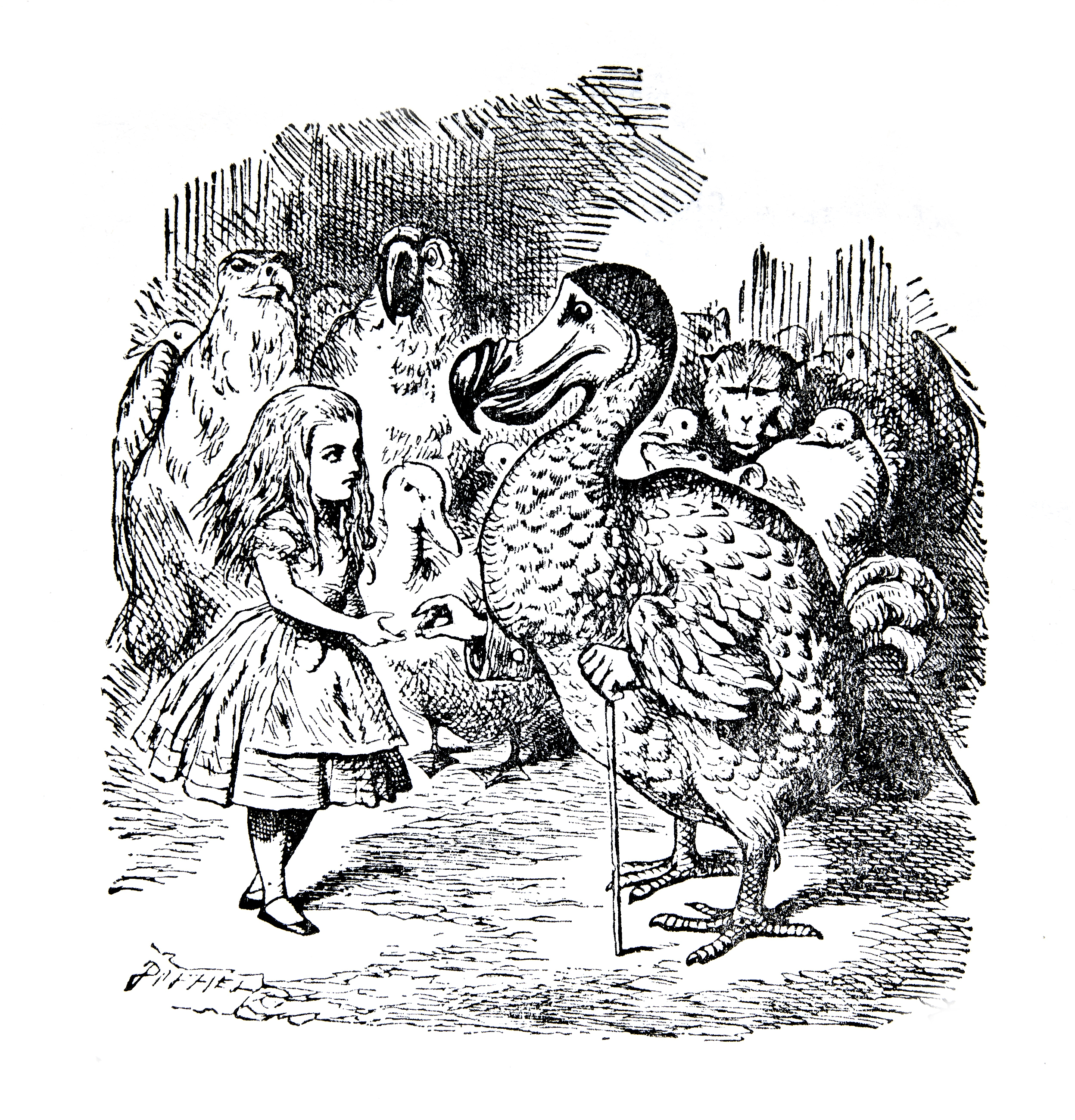The Dodo Bird Verdict

 “Everybody has won and all must have prizes” said the Dodo bird from Alice in Wonderland. A bit absurd to have everybody win, isn’t it? Yet in the psychotherapy research a remarkable finding has been discovered: no specific type of psychotherapy outperforms any other type. Let that sink in for a moment……all types of psychotherapies perform about equally well (Luborsky, Singer, & Luborsky, 1975)! While that’s quoted from an old study the data holds true today – no one form of therapy has been proven to be superior to another.
“Everybody has won and all must have prizes” said the Dodo bird from Alice in Wonderland. A bit absurd to have everybody win, isn’t it? Yet in the psychotherapy research a remarkable finding has been discovered: no specific type of psychotherapy outperforms any other type. Let that sink in for a moment……all types of psychotherapies perform about equally well (Luborsky, Singer, & Luborsky, 1975)! While that’s quoted from an old study the data holds true today – no one form of therapy has been proven to be superior to another.
What this means for counseling isn’t that it’s pointless to seek out a specific type of psychotherapy (CBT, solution-focused, Rogerian, etc.) – finding a good match between your presenting problem, your style, and the therapist’s approach is certainly helpful – but it’s less important than therapists had thought.
What’s really helpful, then, are the common factors that bind the psychotherapies together. No matter what a psychotherapy is called and what techniques it uses there are some basics that transcend all approaches. All will inspire people and combat demoralization. All are emotionally confiding. All explain what’s happening and what to do to address the symptoms. Last and most significantly, all will understand that healing takes place within a strong and stable therapeutic relationship. Your counselor must be authentic, empathic, and hold genuine positive regard for you. Ultimately it’s the bond between you and your counselor that is more predictive of success in counseling than any specific technique. This is why I strongly urge you to screen your counselor. Ask questions. Learn about their approach and learn about their competence. Get to know him/her. Most importantly ask yourself how comfortable you feel with your counselor. Is this a person you can trust, open up to, and believe has your best interests at heart? If you can answer “yes” to these questions you will be well on your way.
